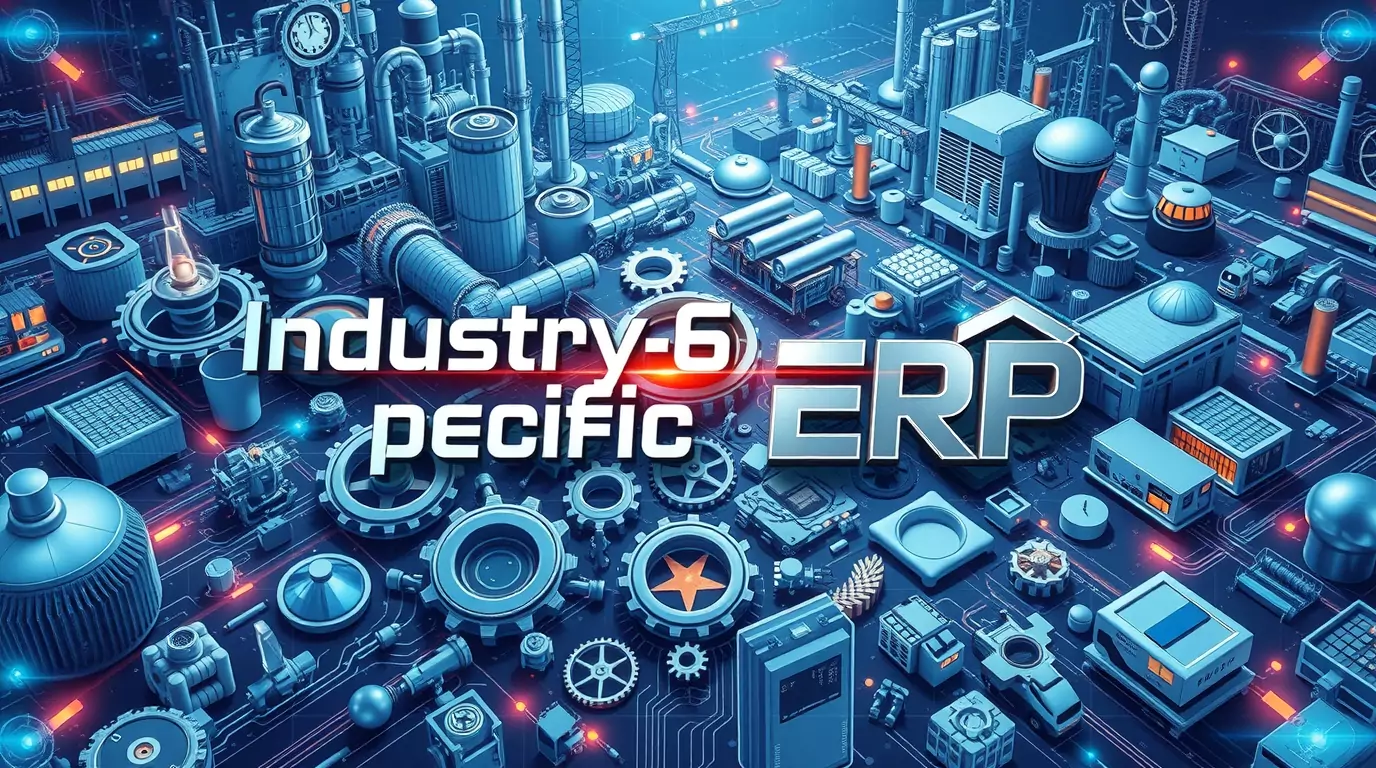Let’s be honest—ERP systems are basically the unsung heroes (or villains, depending on your last rollout) of the business world. Generic ERPs? They’re like those “one-size-fits-all” hoodies: sure, they kinda work, but there’s always something off. Maybe the sleeves are too long, or the pocket’s in a weird spot. That’s where industry-specific ERPs step up—they’re the tailored suits in a world full of baggy sweatpants.
What’s an Industry-Specific ERP, Anyway?
So, here’s the scoop: an industry-specific ERP isn’t just a regular software platform with a new paint job. Nope. It’s actually designed for your industry’s quirks—pre-loaded with features and workflows for your exact situation. Instead of spending months (years, if you’re really unlucky) smashing a generic ERP into shape, you get something that fits right from the jump.
Key Features:
- Pre-Configured Modules: No more endless toggling through irrelevant settings.
- Workflow Templates: Built for your daily grind, not some imaginary “average business.”
- Regulatory Compliance: Keeps you out of trouble, whether it’s HIPAA, SOX, or whatever acronym haunts your sector.
Why Bother with Industry-Specific ERPs?
Look, every industry’s got its own weird rules. Hospitals live or die by patient privacy. Manufacturers drown in bills of materials. Retailers care about inventory like it’s the holy grail. Try to squeeze all that into a generic ERP, and you’ll end up with a Frankenstein’s monster—part useful, mostly stitched together with hope and duct tape.
The Problems with Generic ERP:
- Heavy Customization: You’re basically paying for software and then paying again to make it work.
- Slow Implementation: You want to go live this quarter? Ha. Good luck.
- Higher Costs: All that extra coding and consulting? It adds up. Fast.
How Industry-Specific ERPs Save the Day:
- Faster Go-Live: Less tweaking, more doing.
- Lower Customization Needs: Built for your world, not just “businesses” in general.
- Cost-Efficiency: Spend less on never-ending fixes.
- Compliance Peace of Mind: No more sweating the next audit.
- Easier for the Team: People actually learn and use it (instead of cursing at it).
Examples: Who’s Using What?
Some ERPs are basically household names in their industries. Here’s a quick cheat sheet:
- Manufacturing: SAP S/4HANA, Epicor
- Retail: Odoo, NetSuite, Microsoft Dynamics 365 Commerce
- Healthcare: SAP for Healthcare, Oracle Health
- Education: Ellucian, Blackbaud
- Logistics: Manhattan TMS, Oracle SCM Cloud
You pick the ERP that’s built for your space, and suddenly, everything just… clicks.
A Bit More on Why This All Matters
Let’s zoom out for a second. The real win with industry-specific ERPs? They don’t just save you headaches—they give you an actual edge. You get:
- Faster ROI: Because you’re not spending forever on setup.
- Streamlined Operations: Less time wrestling with your software, more time doing whatever it is you actually do.
- Regulatory Confidence: You’re not losing sleep over the next set of compliance rules.
And honestly, when everyone else is bogged down with generic platforms and patchwork solutions, you’re cruising with a system that actually understands your business. It’s like having a Swiss Army knife—except every tool is the one you actually need.
TL;DR (If You’re Skimming)
- Generic ERPs = square peg, round hole.
- Industry-specific ERPs = made-to-measure, fits like a glove.
- You’ll save time, money, and sanity.
- You’ll actually keep up with your industry’s rules and standards.
- No more endless “customizations” or user revolts.
So, why settle for clunky when you can run smooth? That’s the power of an ERP that’s actually built for you.
